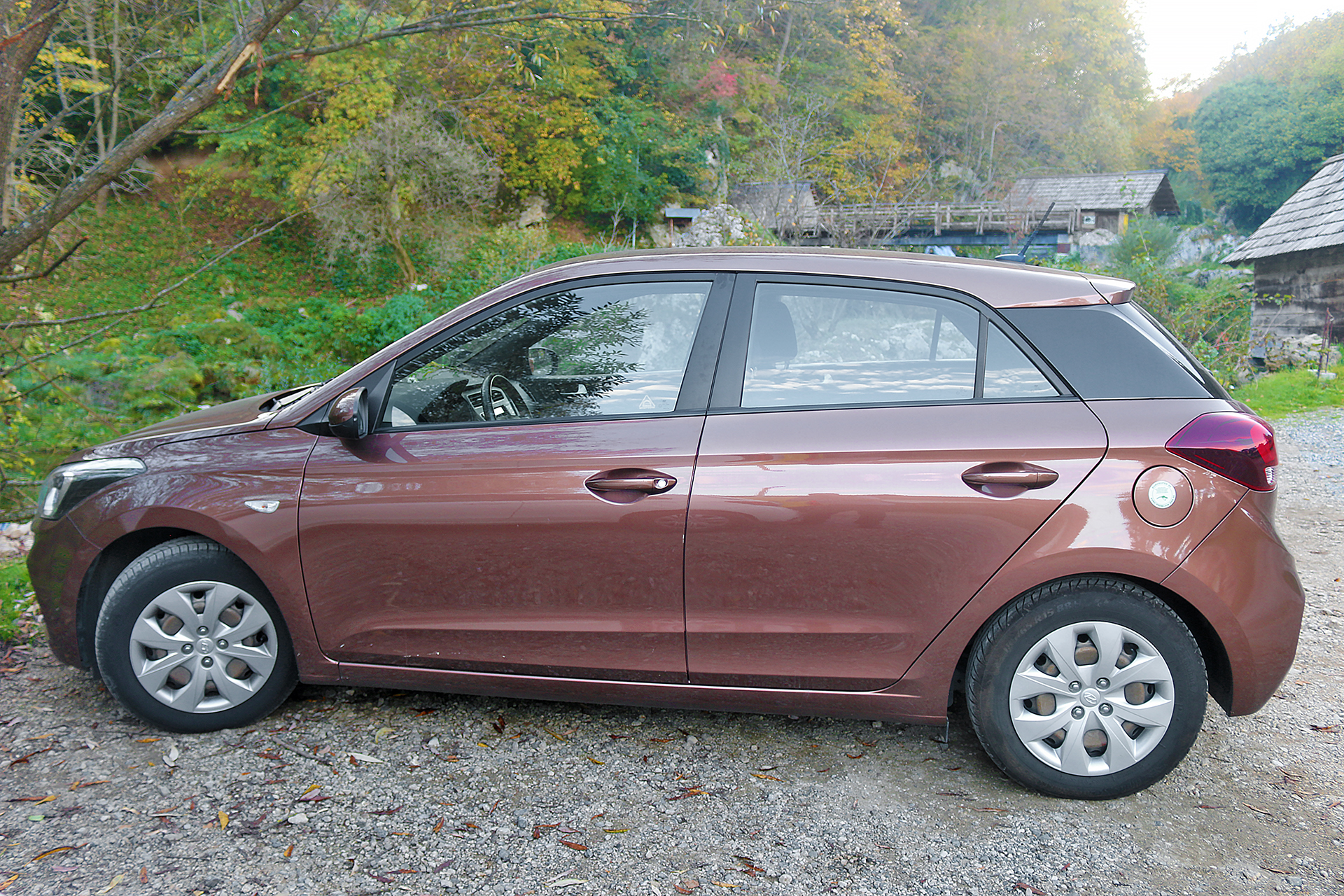The terms and conditions of companies can be longer than ten consecutive rolls of toilet paper and are usually written in “legalese” in efforts to attempt to prevent customers from actually reading them. One item with the terms and conditions is set to a default: so how do you avoid a processing charge for converting currency by this rental car company?
How to Avoid a Processing Charge For Converting Currency By This Rental Car Company
The following paragraph is found under the Standard Charges section in the official terms and conditions of renting a vehicle with Avis Rent A Car System LLC:
2.9 Currency Conversion. If you use a payment card that is issued by a financial institution outside the United States and your charges are billed to us in a currency other than U.S. Dollars, we will convert the full amount of your charges in U.S. Dollars to the card account’s billing currency unless you have instructed us not to perform the conversion process on your personal account profile or submitted a written request in advance to have the currency conversion performed by your payment card issuer. Our conversion will be based on a conversion rate published by Reuters and will incorporate a processing charge of no higher than 3% to be applied to all amounts relating to the transaction. This charge will replace the currency conversion processing charge applied by your card issuer. You understand that (i) your card issuer has a currency conversion process; (ii) you have chosen not to use your card issuer’s currency conversion process; and (iii) you will have no recourse against your card issuer with respect to any matter related to the currency conversion or its disclosure.

This means that if you rent a vehicle from Avis in a country outside of the one where you are based, you will incur a processing charge “of no higher than 3%”, which is in addition to the “service” of having the rental car company convert currency for you at a conversion rate, which will cost you money as well.
Because travelers deal with different currencies when visiting other countries, some merchants and operators of automated teller machines of banks offer you the opportunity to pay for a product or service in the currency of your home country with the illusion that it is being done for your convenience — but usually at a significantly increased cost which translates into pure profit for the seller. You may actually see on a credit card receipt prior to paying for a product or service a choice of which currency you would like to use to pay. This practice is known as dynamic currency conversion, which you should avoid whenever possible.
You have at least two ways to avoid paying this processing charge: either:
- Instruct Avis “not to perform the conversion process on your personal account profile or submitted a written request in advance to have the currency conversion performed by your payment card issuer”
- Use an American Express Card, which is the easier and preferred option, as depending on the specific card, it usually:
- Does not allow merchants to do their own dynamic currency conversion
- Offers good insurance on a vehicle you rent in case it is involved in an accident while you are renting it
- Will not incur a foreign transaction fee
Final Boarding Call
I have noticed an increasing number of companies lately sneaking dynamic currency conversion while conducting normal business in other countries whose currency is not the United States dollar. The charges are usually minimal — but they do add up quickly. However, I have never paid a processing charge because I almost always use American Express cards whenever I rent a vehicle.
The best way in general to save money is usually to use a credit card that does not charge a foreign transaction fee — which is usually at approximately three percent — when purchasing products and services in countries that do not conduct business in your home currency.
Paying for something that offers no benefit to you is wasteful. Avis has had currency conversion set at the default profile for at least eleven years. That is an unfair business practice, in my opinion; and Avis should rescind it from being a default.
Photograph ©2022 by Brian Cohen.

